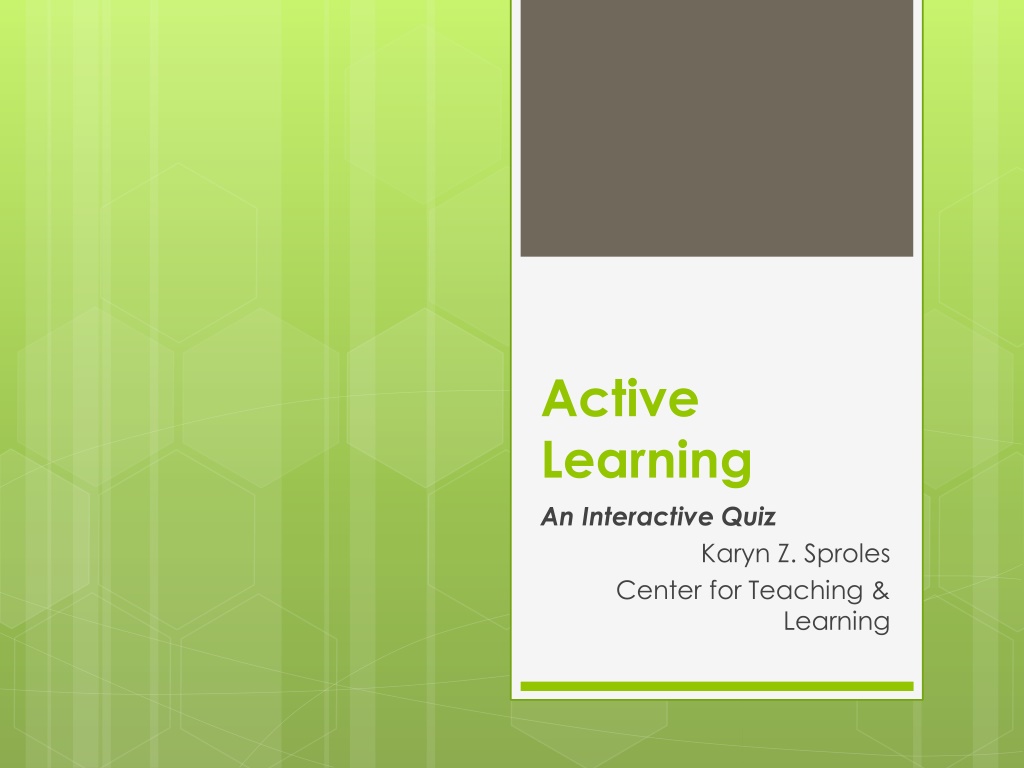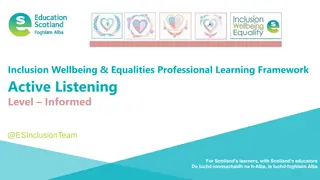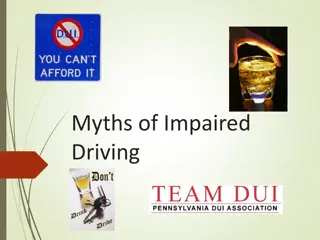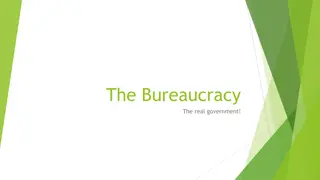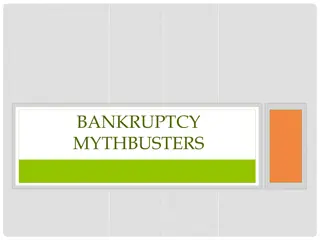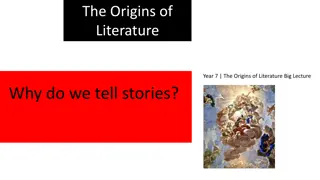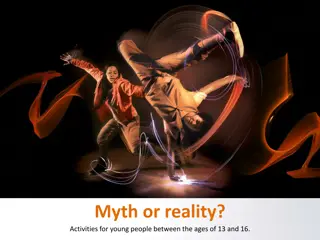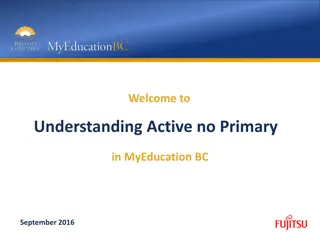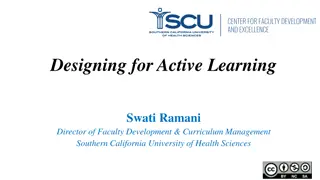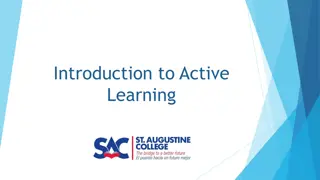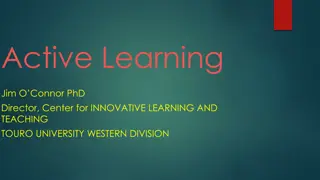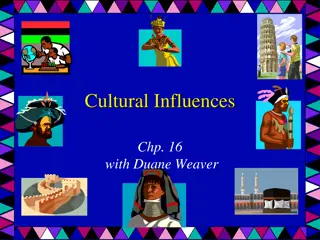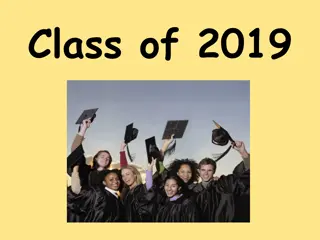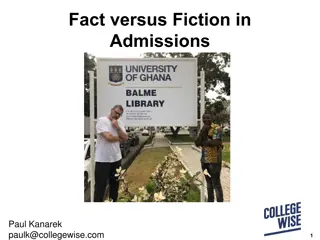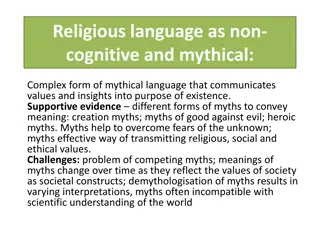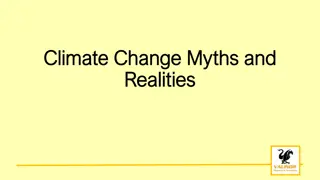Exploring Active Learning: Myths and Realities in Education
Delve into the world of active learning with an interactive quiz that debunks common misconceptions. Discover how active learning encourages engagement, retention, and student success, showcasing its roots in respected psychological theories. Uncover the benefits of moving beyond rote learning and engaging students through diverse learning styles.
Download Presentation

Please find below an Image/Link to download the presentation.
The content on the website is provided AS IS for your information and personal use only. It may not be sold, licensed, or shared on other websites without obtaining consent from the author. Download presentation by click this link. If you encounter any issues during the download, it is possible that the publisher has removed the file from their server.
E N D
Presentation Transcript
Active Learning An Interactive Quiz Karyn Z. Sproles Center for Teaching & Learning
What is ACTIVE LEARNING? Learning by: Doing Discussing Writing Thinking Engaging
True or False? Active Learning is a recent trend that is not yet supported by theoretical or applied research.
False Active learning has its origins in the theoretical work of psychologist and learning theorist Jean Piaget o Brain-based learning research affirms (but rarely acknowledges) Piaget s findings o Applied research testifies to the greater retention resulting from Active Learning o NSSE data demonstrates a correlation between student engagement and student success o
True or False? The opposite of Active Learning is rote learning.
True Active Learning encourages students to engage with material not just memorize it.
True or False? Active Learning attempts to increase learning for more students by appealing to a variety of learning styles.
Concrete Experience: Labs Reflective Observation: Journals Abstract Conceptualization: Model Building Active Experimentation: Case Studies True
True or False Active learning might be fun, but lectures cover more material.
True But research shows that students retain about 50% of the lecture (when tested immediately afterward)
True or False? Active learning caters to Millennial learning preferences.
True Millennial Learning 1. Relevant 2. Rationale 3. Relaxed 4. Rapport 5. Research-based teaching methods; i.e., Active Learning Price, Why Don t My Students Think I m Groovy, p. 5. Dr. Christy Price, Dalton State University
